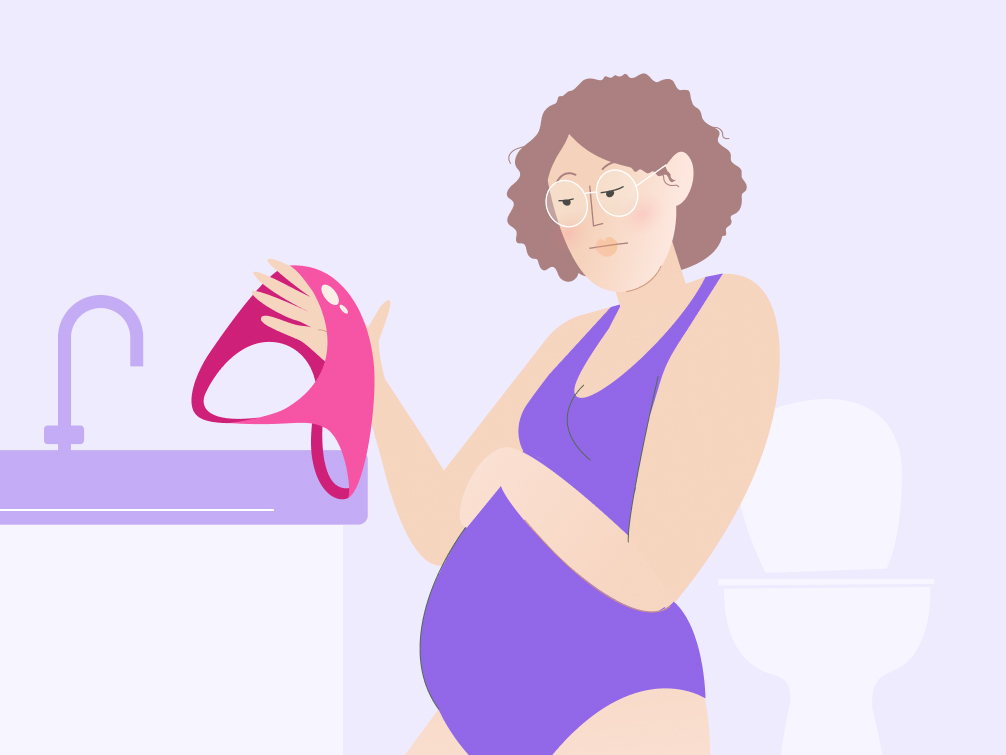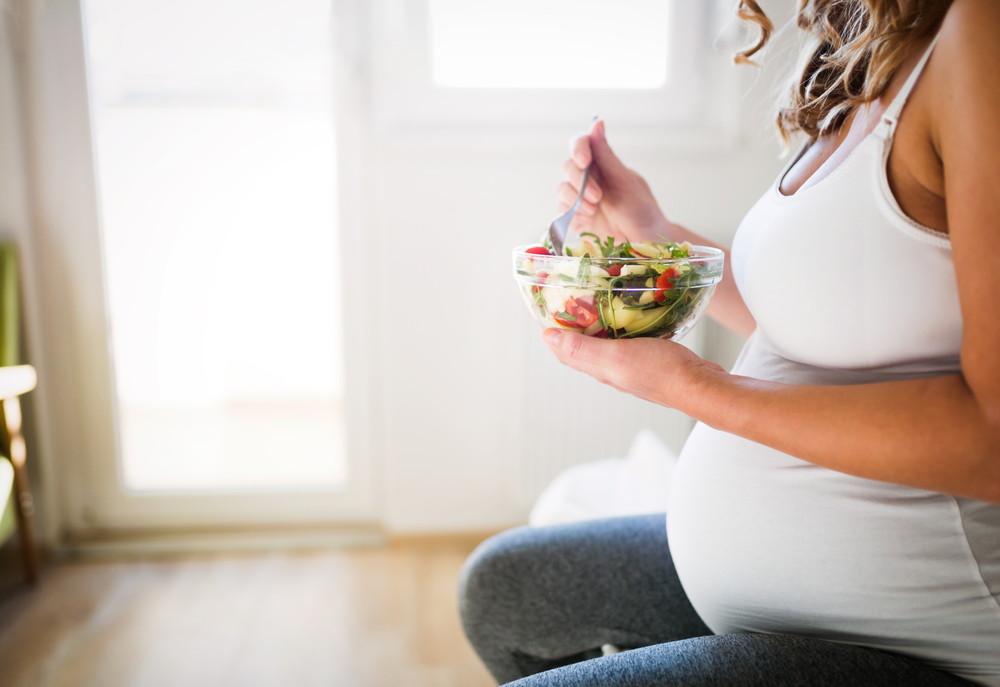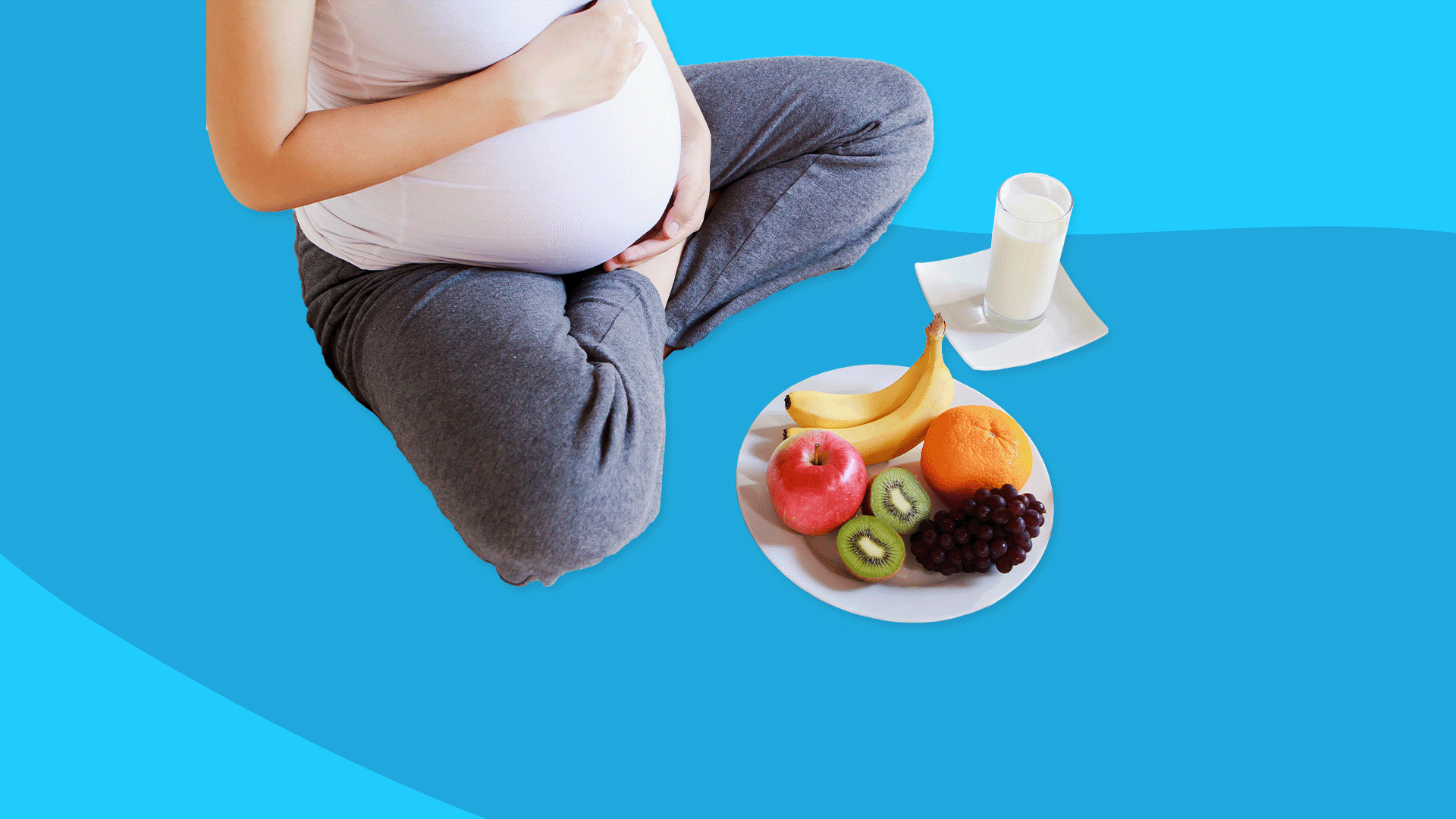Nutrition during pregnancy: what to eat, what not to eat?
Pregnancy women experience physical and emotional changes. During these changes, nutrition is the most essential element for the development of the mother and the baby growing in the womb. Because, the nutritious food consumed by the mother during pregnancy determines the physical condition of the baby.
Why is nutrition necessary during pregnancy?
Overall development of the child: From the shape of the child, the development of all the organs is due to the mother's diet. In this case, pregnant women need elements like folic acid, iron, calcium, iodine and omega-3 fatty acids to play a role in the overall development of the child.
These foods help reduce the risk of health problems during pregnancy and after delivery, such as anemia, constipation, high blood pressure and diabetes.
'Even desire can interfere with a healthy diet'
Even though women are aware of the importance of nutrition during pregnancy, hormonal changes can interfere with eating.
Nausea: For some women, early morning vomiting during pregnancy can make it difficult.
In this case, you may not feel like eating food, but you should not stop eating. The amount of food is less than other times but can be eaten frequently. And food should be digestible. Nutrients such as fiber, protein and carbohydrates should be eaten in that food. Which provides energy and helps reduce vomiting.
Wanting to overeat some food and not wanting to look at anything
Hormonal changes during pregnancy can cause the mouth to water at the thought of food and headache after seeing a food. In this case, eating too much food that you like to eat and not eating food that contains nutrients can affect the balance of nutritious food.
Mandatory food
One of the reasons for preterm birth in this situation is vitamin D deficiency. To supplement it, you can eat vegetables, fruits, whole grains, almonds, fish and olive oil.
Another is to eat enough omega fatty acids. Babies of women who take omega supplements have better visual and sensory development up to one year old.
Folic acid should be taken not only during pregnancy but also three months before conception. Folic acid is a B vitamin. Which helps to make the baby's DNA and cells.
Green vegetables: Green vegetables, cabbage and broccoli can be beneficial during pregnancy. In this case, raw vegetables can be harmful.
Dairy products: Dairy products including milk, curd, curd and ghee are essential for pregnant women. Which provides protein and calcium for the development of the child during pregnancy.
Fruits: Fresh fruits keep both mother and baby healthy during pregnancy. Apples, melons, pomegranates and other seasonal fruits are beneficial.
Dry fruits: Eating dry fruits during pregnancy is very beneficial. Almonds, walnuts, cashews and other foods are rich in various vitamins, calories, fiber and omega three fatty acids. It is necessary for both mother and child.
Egg: Egg is a nutritious food. Eggs contain high amounts of protein, cholesterol, vitamin D and antioxidants, which are essential for pregnant women.
Whole grains: Pregnant women can include whole grains like oats, brown rice in their diet.
Plenty of water: Drink at least four liters of water a day. Which does not allow the mother to be dehydrated. It keeps the body healthy and removes toxins from the body.
How can vegetarian pregnant women complete their nutrients?
Vegetarian pregnant women can also meet their nutritional needs without eating meat. But iron, vitamin B12 and omega 3 fatty acid they may be relatively low.
It is fulfilled by supplements and some foods.
For protein, you can eat foods such as lentils, tofu, almonds and parsley seeds. Walnuts, flaxseeds, canola oil, avocados are good sources of omega-3 fatty acids. These foods should also be eaten daily.
How much to eat?
Iron: 40 grams
Protein: 65 grams
Calcium: One thousand milligrams
Folic acid: 400 micrograms
Special attention should be paid to certain things during pregnancy.
- In this case, do not take any medicine on the advice of a doctor. In case of any health problem, medicine should be taken only after the doctor's advice and examination.
- Pregnant women are advised to stay away from tea, junk food, chocolate, cigarettes and coffee.
- Alcohol, smoking and caffeinated drinks and foods affect the development of the fetus and increase the risk of miscarriage.
- During pregnancy, it is recommended that the amount of alcohol is zero and the amount of caffeine is 200 milligrams per day.
- Pregnant women should not consume raw fruit. It contains chemicals that harm the fetus.
- Don't eat stale food. Because there are bacteria like salmonella, listeria and e-coli, due to which women can get food poisoning.









